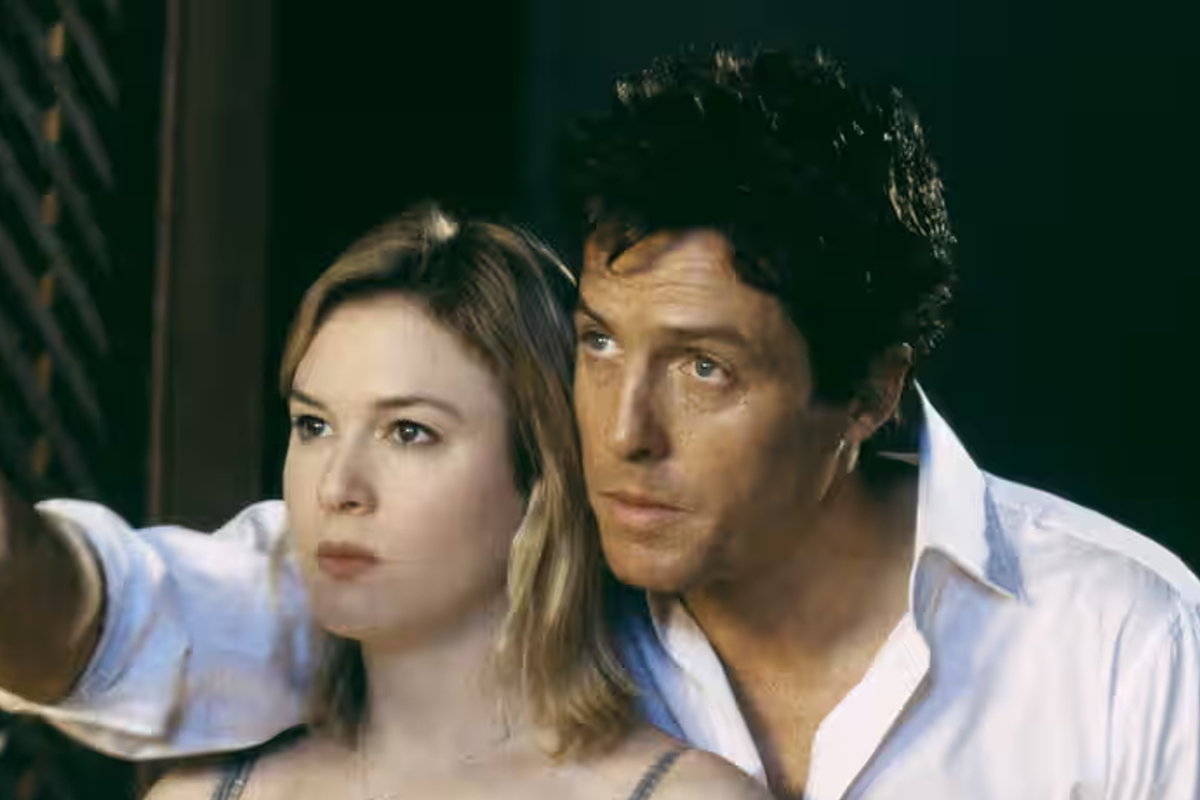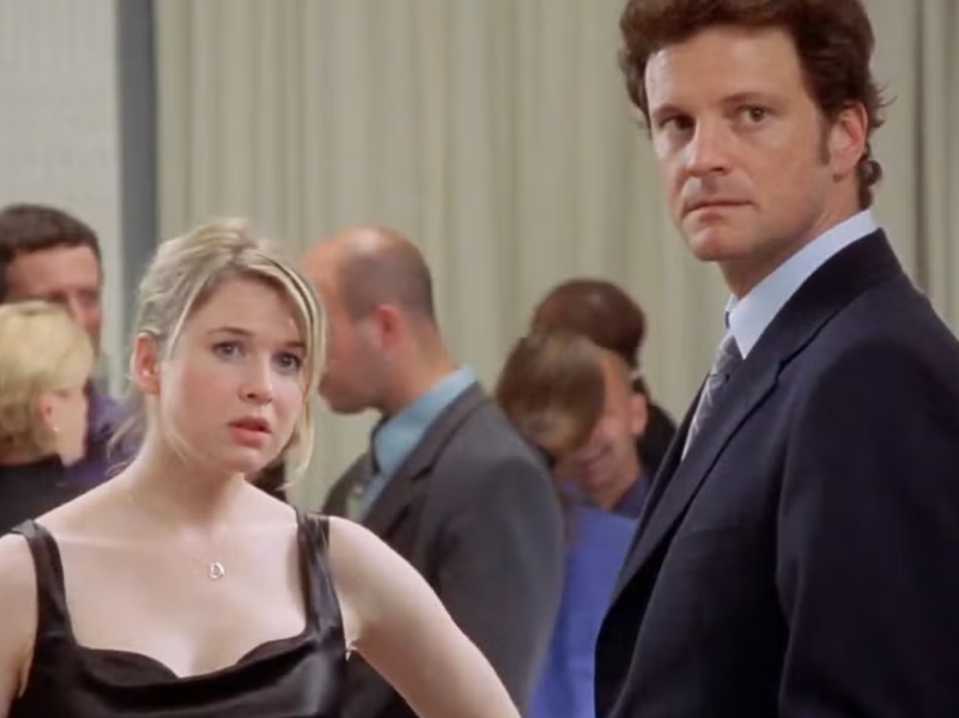Hugh Grant shares plot details for Bridget Jones 4 – and hints why Colin Firth’s character does not return

Hugh Grant has shared details of the forthcoming Bridget Jones sequel.
The fourth instalment in the franchise, titled Bridget Jones: Mad About the Boy, will see Renée Zellweger and Hugh Grant reprise their roles as Bridget and Daniel Cleaver. It will also star Leo Woodall (One Day, The White Lotus) and Chiwetel Ejiofor (12 Years a Slave, Doctor Strange).
It has not yet been confirmed whether Colin Firth will return as Bridget’s original love interest Mark Darcy, much to the concern of fans. But, speaking to People, Grant has hinted that Firth will not be a part of the film.
The actor said the script for Bridget Jones: Mad About the Boy, adapted from Helen Fielding’s novel of the same name, will leave viewers emotional, as well as providing some laughs.
“It’s partly based on Helen Fielding’s experiences of bringing up two children by herself after her husband died,” Grant said of the film. “And so Bridget is bringing up two kids and wondering whether she should ever go back to dating. It’s a very good script.”
The 2013 novel revisits Bridget as a widow in her 50s following Mark’s death in a landmine accident two years earlier. Fielding said she decided to write Mark out of the third book as she didn’t want Bridget to be a “smug married” type.

The new film, directed by Michael Morris (To Leslie, Better Call Saul), comes eight years after Bridget Jones’s Baby released in cinemas, which ended with Zellweger’s character marrying Mark Darcy (Firth) and discovering he was the father to her child.
‘I’ll tell you what, I think this script for the fourth Bridget is the best one of the four,” Grant told Entertainment Tonight. “And, in fact, one of the best scripts I have read in a long time.”
Helen Fielding originally created the perpetually single character of Bridget Jones in a column for The Independent.
“The Independent asked me if I’d write a column about single life in London as myself. I said no because (ironically enough) I thought it would be embarrassing and exposing,” Fielding recalled later. “Then Charlie Leadbeater – a senior editor – suggested I write as an imaginary character, and I thought ‘Yessss!’”


